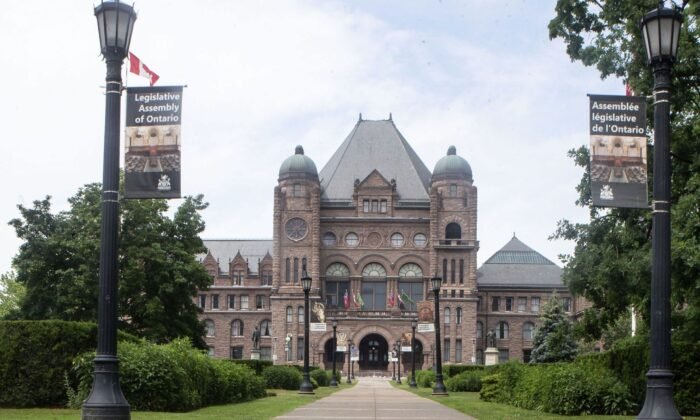Canada-India Relations and Ottawa’s Indo-Pacific Objectives: A Comprehensive Analysis
Experts have highlighted the diplomatic isolation that Canada currently faces due to its years of poor foreign policy. The strained relationship between Canada and India, in particular, is attributed to Canada’s lack of seriousness regarding an issue that is extremely sensitive for India. Vivek Dehejia, an expert on Indo-Canada relations and professor at Carleton University, expressed doubt that the relationship will improve as long as Prime Minister Justin Trudeau and Indian Prime Minister Narendra Modi are in power. He also suggested that any potential de-escalation would only result in a low-level relationship going forward. Eric Miller, an international trade expert, criticized Canada for its naive approach toward India’s significant challenges, particularly in relation to the Sikh separatist movement. He explained that India has long been critical of Canada for not cracking down on these separatist activities. The difficulty in the Indo-Canada relationship is partially due to a dichotomy between Canada’s freedom of speech and India’s view of Canada harboring terrorists who advocate secession. The frustration from the Indian side arises from the perception that Canada does not show enough cooperation in extraditing individuals facing serious charges in India. Furthermore, Mr. Dehejia noted that Prime Minister Trudeau’s public allegations of an extrajudicial killing in India have put Canada’s allies in an awkward position, as they have refrained from openly condemning India. This lack of overt support from allies has left Canada in a situation where it is isolated. Both experts agree that there are deep structural issues hindering the relationship between Canada and India, and they believe these issues are unlikely to be resolved in the near future. They emphasize the need for Canada to engage more actively in the Indo-Pacific region and build stronger relationships with key countries such as Indonesia, Vietnam, Japan, and Korea. The experts argue that Canada’s foreign policy needs to adapt to the rising prominence of the Indo-Pacific and prioritize pragmatic, interest-based approaches focused on trade agreements, infrastructure, and connectivity. Additionally, they point out that Canada’s lack of defense spending, falling short of NATO’s 2 percent requirement, has affected its diplomatic capital and exclusion from international engagements like the AUKUS nuclear submarine pact. They suggest that Canada should learn from countries like Japan, South Korea, Australia, and Singapore in adopting a more pragmatic approach to tackle the challenges of the Indo-Pacific region.
Source link




